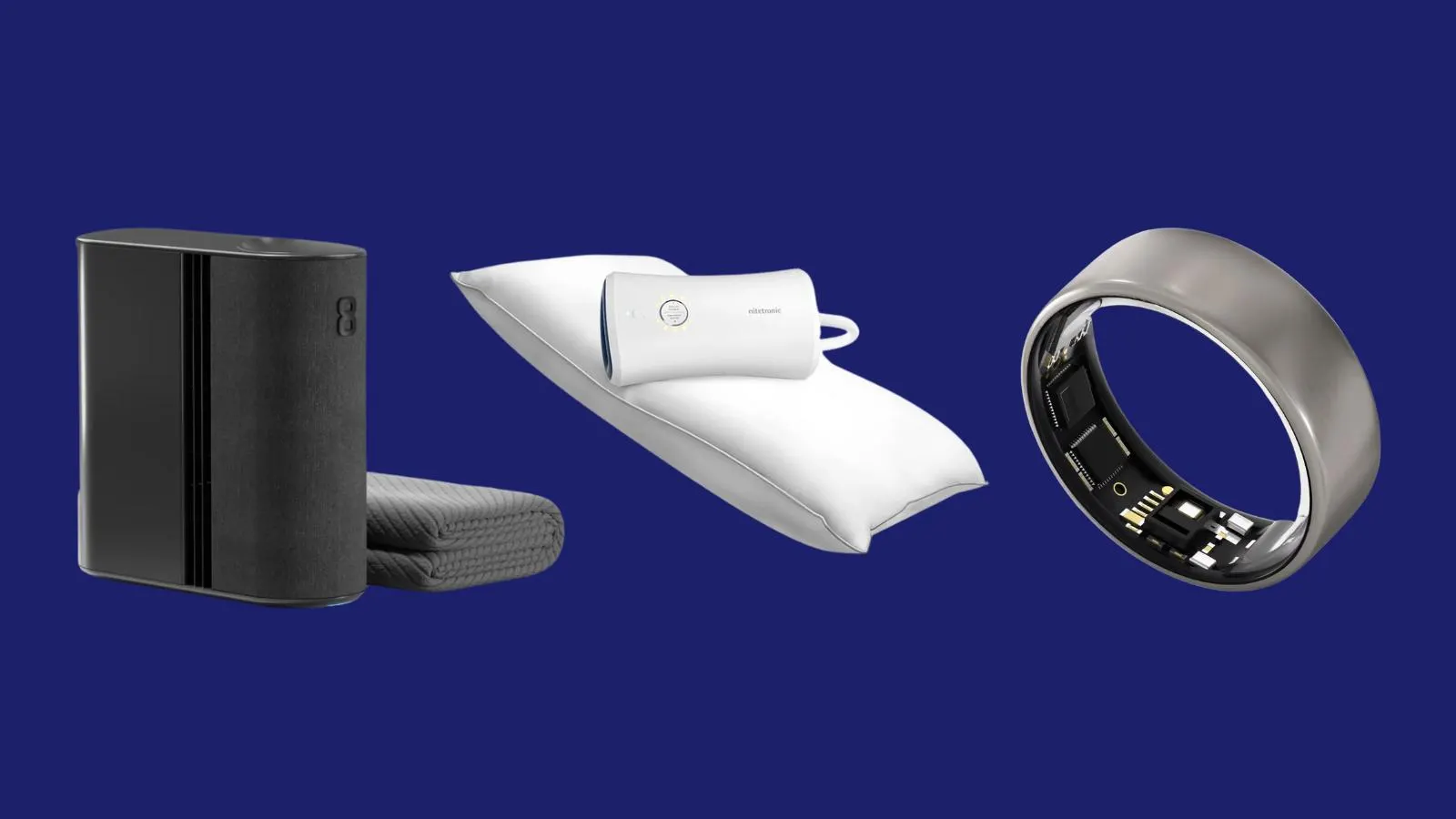Quality sleep is a crucial factor in weight management, affecting metabolism, appetite regulation, and energy levels.
Artificial intelligence is transforming how individuals monitor and optimize sleep to support weight loss. AI-powered tools analyze sleep patterns, physiological data, and lifestyle habits to provide personalized recommendations that enhance both rest and overall wellness.
The Link Between Sleep and Weight Loss
Poor sleep can disrupt hormones such as ghrelin and leptin, which regulate hunger and satiety.
This imbalance can lead to increased appetite, cravings, and overeating, hindering weight loss efforts. By monitoring sleep quality, AI platforms help users understand how rest impacts their metabolism and weight management.
Consistent, quality sleep supports energy balance, improves workout performance, and promotes effective fat metabolism. AI tools use data-driven insights to optimize these factors for sustainable weight loss.
AI-Powered Sleep Tracking
Wearables and sleep apps track duration, quality, and sleep cycles, providing valuable data for AI analysis.
AI interprets this data to identify disruptions, such as frequent awakenings, poor REM sleep, or irregular sleep schedules. Users receive personalized guidance to improve sleep hygiene, including bedtime recommendations and relaxation strategies.
Over time, AI adapts its advice based on progress, ensuring that sleep interventions remain effective and aligned with weight loss goals.
Optimizing Circadian Rhythms
AI also helps align sleep schedules with natural circadian rhythms, which regulate metabolic processes.
By suggesting optimal sleep and wake times, AI ensures that hormone production, digestion, and energy use occur efficiently. This alignment supports weight loss by enhancing metabolic function and reducing the risk of overeating due to fatigue.
Sleep optimization extends beyond bedtime, with AI providing insights on nap timing, exposure to light, and evening routines to maintain healthy rhythms.
Integrating Sleep with Diet and Exercise
Sleep quality impacts both nutrition and exercise performance.
AI platforms integrate sleep data with meal tracking and fitness routines to provide holistic weight loss guidance. For instance, insufficient sleep may trigger recommendations for lighter meals or adjusted workout intensity to prevent fatigue and maintain progress.
This comprehensive approach ensures that all aspects of lifestyle contribute to effective weight management and overall well-being.
Behavioral Insights for Better Sleep
AI analyzes lifestyle patterns to identify behaviors that may disrupt rest, such as late-night screen use, caffeine intake, or stress.
Personalized recommendations address these habits, offering strategies for relaxation, mindfulness, and consistent sleep schedules. Behavioral guidance helps users develop long-term routines that support both sleep and weight loss.
Motivational prompts and reminders reinforce adherence, creating sustainable changes that enhance overall health.
Challenges in AI-Enhanced Sleep Management
While AI sleep tracking offers significant benefits, challenges remain. Accuracy depends on wearable device quality, sensor calibration, and consistent user engagement.
Privacy and data security are also critical, as sleep data is sensitive personal information. Users should ensure platforms comply with standards and regulations.
Additionally, AI cannot fully replace medical expertise. Sleep disorders, such as apnea or insomnia, require evaluation by healthcare professionals alongside AI guidance.
Future Trends in AI and Sleep Optimization
Experts predict AI will become increasingly sophisticated, integrating predictive analytics, biometric monitoring, and emotional state detection.
Future tools may anticipate sleep disruptions, suggest interventions before fatigue sets in, and provide immersive relaxation experiences through virtual coaching. Integration with home devices, lighting, and environmental controls will make personalized sleep optimization more accessible than ever.
As technology evolves, AI will continue to play a central role in improving sleep, supporting metabolism, and enhancing weight management outcomes.
FAQs
How does sleep affect weight loss?
Poor sleep disrupts hormones regulating appetite and metabolism, potentially leading to overeating and reduced fat burning.
Can AI improve sleep quality for weight management?
Yes. AI analyzes sleep patterns and lifestyle data to provide personalized recommendations that enhance rest and support metabolism.
Do wearable devices help with AI sleep tracking?
Absolutely. Wearables provide accurate data on sleep cycles, duration, and quality for AI analysis.
Is AI sleep guidance safe for everyone?
Yes, when combined with professional guidance for individuals with sleep disorders or medical conditions.
Can AI replace a sleep specialist?
AI supports personalized advice but cannot replace medical evaluation and treatment for serious sleep disorders.
Conclusion
AI-powered sleep tracking is transforming weight management by providing personalized insights and strategies to optimize rest.
By integrating sleep data with nutrition, exercise, and lifestyle guidance, AI platforms help users maintain energy, regulate appetite, and achieve sustainable weight loss. As technology advances, AI-driven sleep optimization will become an essential component of holistic wellness and long-term health.

